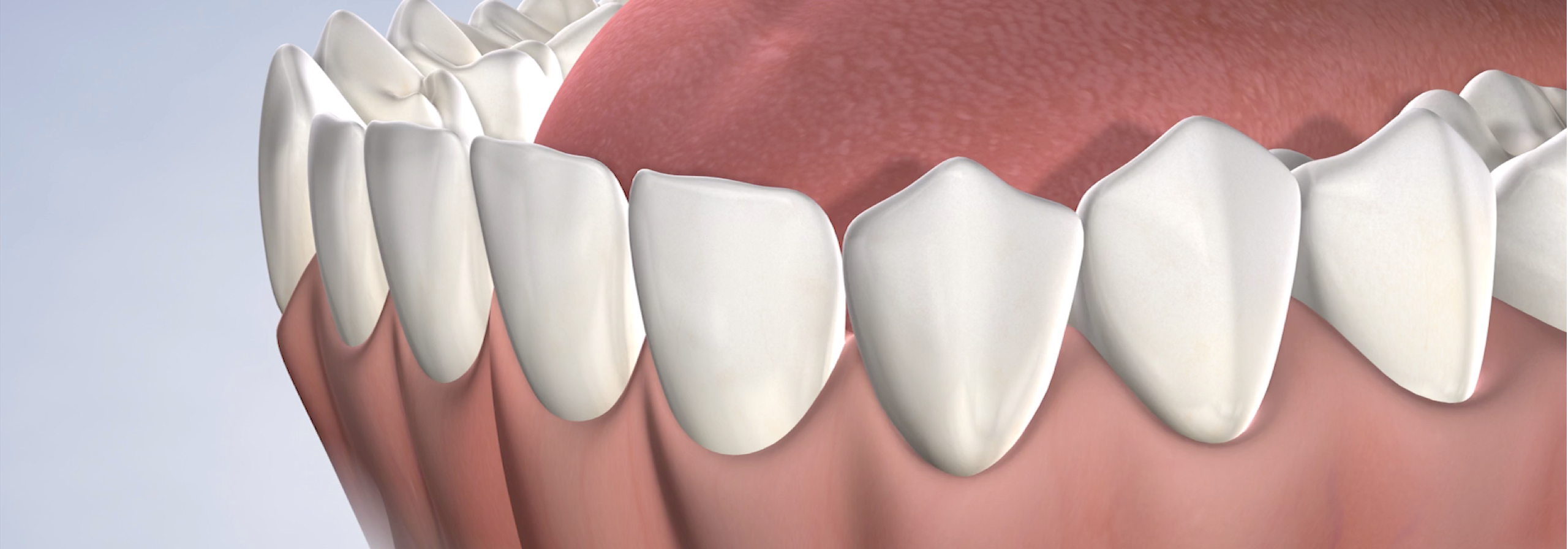It is normal to feel anxious about undergoing any type of surgical procedure. Our team at Oral Surgery & Dental Implant Specialists of Cincinnati understands these anxieties, and we are here to help you and your loved ones have a comfortable, safe, and positive oral surgery experience.
Prior to your procedure, your oral surgeon will discuss all of your options for anesthesia and help you select the right type for your needs. At Oral Surgery & Dental Implant Specialists of Cincinnati, our board-certified oral and maxillofacial surgeons offer a variety of anesthesia and sedation options. As both surgeons and physicians, Robert Lucas, MD, DMD, Garrett Seghi, DDS, MD, and Eric Murnan, DDS, MD are qualified to administer all forms of anesthesia and have undergone many years of training to ensure patients receive the safest possible care. To schedule your consultation and learn more about your anesthesia options for oral surgery, please contact one of our offices in Cincinnati or Mason, OH.
Types of Anesthesia
Our practice offers several forms of anesthesia.
Local Anesthesia
Local anesthesia provides a numbing effect and is administered through a needle directly to the surgical area. You will remain fully conscious, and the numbing effect will last for a few hours. Local anesthesia is often combined with other types of anesthesia.
Nitrous Oxide
Also known as laughing gas, nitrous oxide is inhaled through a mask and will help you feel calm and relaxed. Nitrous oxide also provides mild pain relief and can be combined with other forms of anesthesia. The effects will wear off as soon as the mask is removed.
Intravenous (IV) Sedation
IV sedation involves administering medications intravenously, which will render you into a semi-conscious state. Also known as twilight sedation or twilight dentistry, IV sedation will cause you to drift in and out of consciousness during surgery. You will not feel pain and will likely have no memory of the procedure after the sedation wears off.
General Anesthesia
General anesthesia will render you totally unconscious and is administered in a surgery center or hospital. This option is typically reserved for patients undergoing extensive procedures, such as jaw surgery or facial trauma treatment.
What Is Sedation Dentistry?
Sedation dentistry, also known as sleep dentistry, involves the use of sedatives for dental procedures. Sedation has been used in dentistry for many years and has helped many patients of all ages have a comfortable, calm dental experience. There are various levels of sedation ranging from mild to deep sedation, and the right level for you depends on the complexity of the procedure and your anxiety. With a variety of options available, our experts will help determine the right type of sedation for your specific needs.
Am I a Candidate for Sedation Dentistry?
Sedation dentistry can provide children and adults with a relaxing and beneficial experience. Anesthesia or sedation may be an excellent solution if you or your child experiences any of the following:
- Fear of needles, pain, or surgery
- Dental phobias
- Sensitive teeth and gums
- Strong gag reflex
- Difficulty sitting still for long periods of time
- Require a lengthy procedure
- Have had a traumatic dental experience in the past
Unfortunately, some patients put off the treatment they need because they are afraid of undergoing surgery or experiencing pain. We want all of our patients to feel comfortable and, besides anesthesia and sedation, we are always ready to answer questions, address concerns, and provide support and encouragement throughout all stages of your care. Many patients find that with the use of sedation, undergoing oral surgery can be a calm and even enjoyable experience.
Can Oral Surgeons Perform Anesthesia?
Oral and maxillofacial surgeons must undergo several years of hands-on training in a residency program following dental school. During this time, they learn how to administer anesthesia and monitor patients during surgery. In addition to their oral surgery training, every doctor at our practice has also earned a medical degree, which provided them with extensive hands-on surgical and anesthesia experience in a hospital setting. Oral surgeons are the only dental professionals required to complete a residency program and are qualified to administer all types of anesthesia.
Is Sedation Dentistry Safe?
Sedation dentistry is safe when performed by a trained and qualified healthcare professional, such as our board-certified surgeons. Our surgical team consists of a variety of health experts to further ensure the health and safety of our patients, including CRNAs, registered nurses, and a paramedic. Every member of our team is CPR certified, including our administrative personnel. We understand the stress that can accompany a healthcare procedure, and we will provide you and your family with a safe and comfortable experience.
How to Prepare for Anesthesia
Before undergoing anesthesia, it is your responsibility to follow the pre-operative instructions closely. These instructions will help you prepare for the anesthesia experience and ensure your safety during surgery. As a courtesy to you, we will send your instructions directly to you via text to make this information easily accessible and available right when you need it.
Your Trusted Team of Oral Surgery Specialists
At Oral Surgery & Dental Implant Specialists of Cincinnati, we pride ourselves on delivering exceptional patient care and clinical outcomes to the greater Cincinnati area. Contact our office in Cincinnati or Mason, OH, to begin your treatment journey with a team you can trust.

